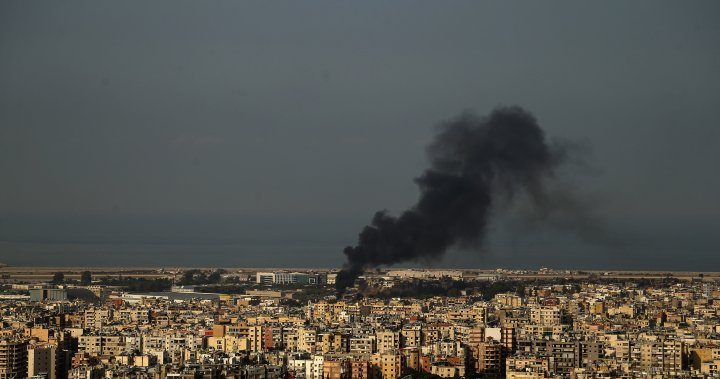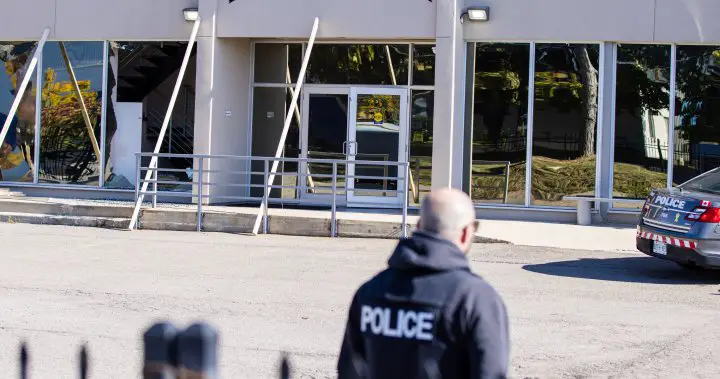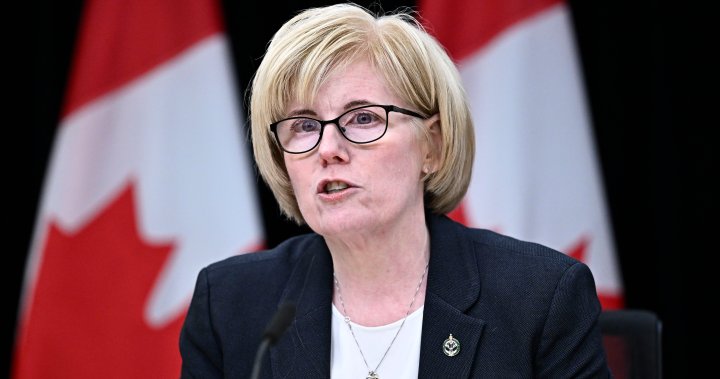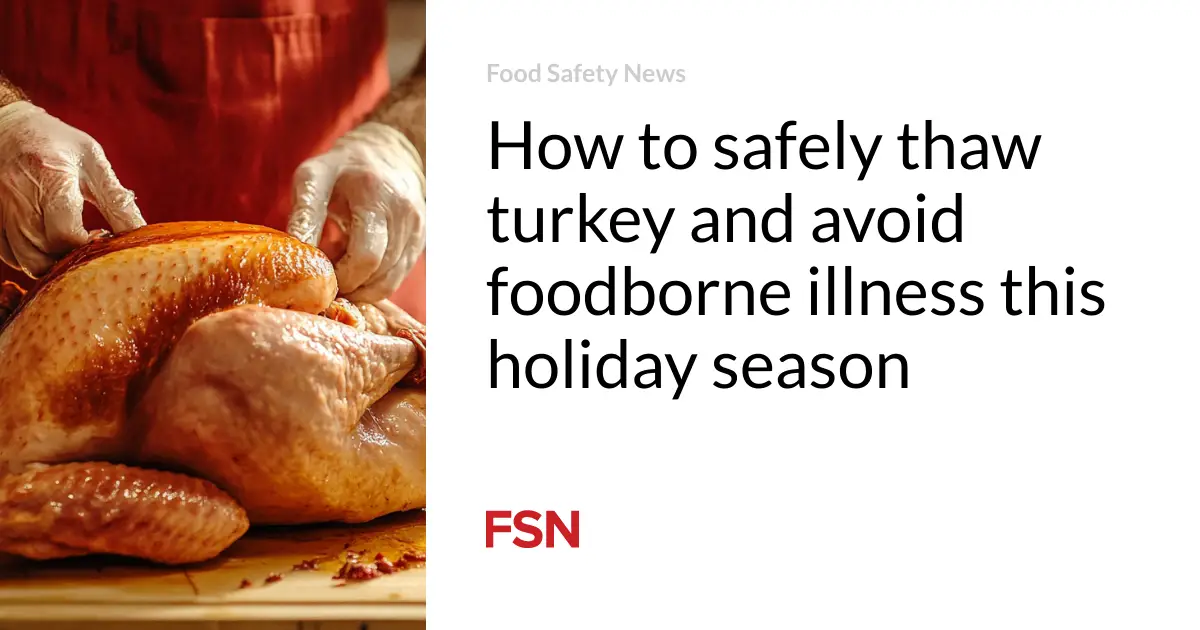
The Lebanese militant group Hezbollah vowed to launch a new phase of fighting against invading Israeli troops Friday, a day after Israel said its forces in the Palestinian enclave of Gaza had killed Hamas leader Yahya Sinwar, the chief architect of last year’s brutal attack on Israel that sparked the current conflict
Sinwar’s killing in what appeared to be a chance frontline encounter with Israeli troops offers a potential window to shift the dynamic in the Gaza conflict even as Israel presses its offensive against Hezbollah along its northern border with Lebanon and continues its aerial bombardment in other areas of Lebanon. Both Hamas and Hezbollah are backed by Iran, which hailed Sinwar as a martyr who can inspire others in challenging Israel.
Israel has pledged to destroy Hamas politically in Gaza, and killing Sinwar was a top military priority.
Hamas has not yet commented directly on the Israeli announcement, but photos which were apparently taken by Israeli troops on the scene showed the body of a man who appeared to be Sinwar half-buried in rubble with a gaping wound in his head.
A statement issued by one of Hamas’ political leaders abroad Friday seemed to be a reference to Sinwar’s death and said Israel is mistaken if it “believes that killing our leaders means the end of our movement and the struggle of the Palestinian people.”
Hamas political bureau member Bassem Naim, who is usually based in Qatar, said that past leaders in the organization had also been killed and “Hamas each time became stronger and more popular, and these leaders became an icon for future generations to continue the journey towards a free Palestine.”

He added that it is “painful and distressing to lose beloved people, especially extraordinary leaders” but that the Palestinian militant group is sure it will be “eventually victorious.”

Get breaking National news
For news impacting Canada and around the world, sign up for breaking news alerts delivered directly to you when they happen.
When asked if the statement was a confirmation of Sinwar’s death, however, Naim said it was not.
Israeli Prime Minister Benjamin Netanyahu said in a speech announcing the killing Thursday night that “our war is not yet ended.” But many, from the governments of Israel’s allies to exhausted residents of Gaza, expressed hope that Sinwar’s death would pave the way for an end to the war.
Iran’s mission to the United Nations issued a statement honoring Sinwar, emphasizing that he died on the battlefield and not in hiding, unlike the Iraqi leader Saddam Hussein, who was hanged in 2006.
“When U.S. forces dragged a disheveled Saddam Hussein out of an underground hole, he begged them not to kill him despite being armed. Those who regarded Saddam as their model of resistance eventually collapsed,” the statement said. “However when Muslims look up to martyr Sinwar standing on the battlefield — in combat attire and out in the open, not in a hideout, facing the enemy — the spirit of resistance will be strengthened.”

More than 1 million people on both sides were killed during the brutal Iran-Iraq war in the 1980s that began when Hussein launched an invasion of Iran.
In Lebanon, Hezbollah issued a statement early Friday saying its fighters have used new types of precision-guided missiles and explosive drones against Israel for the first time in recent days.
The statement appeared to refer to an explosives-laden drone that evaded Israel’s multilayered air-defense system and slammed into a mess hall at a military training camp deep inside Israel last Sunday night, killing four soldiers and wounding dozens.
The group also announced earlier this week that it fired a new type of missile called Qader 2 toward the suburbs of Tel Aviv.
Hezbollah said its fighters were working according to “plans prepared in advance” to battle invading Israeli troops in several parts of south Lebanon. It also announced several missile and artillery attacks on Israeli forces operating in villages in southern Lebanon’s border area overnight and Friday morning.
In one case, the group said it fired a heavy missile barrage at Israeli soldiers who were trying to evacuate those wounded in an earlier strike. The group also said it had fired “large missile salvos” at a military barracks in the Israeli-annexed Golan Heights and at the Zvulun area north of Haifa.

Earlier this week, Hezbollah’s acting leader Naim Kassem warned that the group will continue to target wider areas of Israel unless a cease-fire is implemented in Lebanon.
As Israel fought militants in Lebanon and in Gaza, its military said Friday that its forces had killed two militants who crossed into Israeli territory south of the Dead Sea from neighboring Jordan.
Such infiltrations are relatively rare, especially as Israel has ramped up border security since the Hamas attack in October 2023.
On Oct. 7, 2023, Hamas-led militants blew holes in Israel’s security fence and stormed in, killing some 1,200 people, mostly civilians, and abducting another 250. Israel’s offensive in Gaza has killed over 42,000 Palestinians, according to local health authorities, who do not distinguish combatants from civilians. The conflict has destroyed vast swathes of Gaza and displaced about 90% of its population of 2.3 million people.
Abby Sewell and Bassem Mroue in Beirut contributed
© 2024 The Canadian Press










